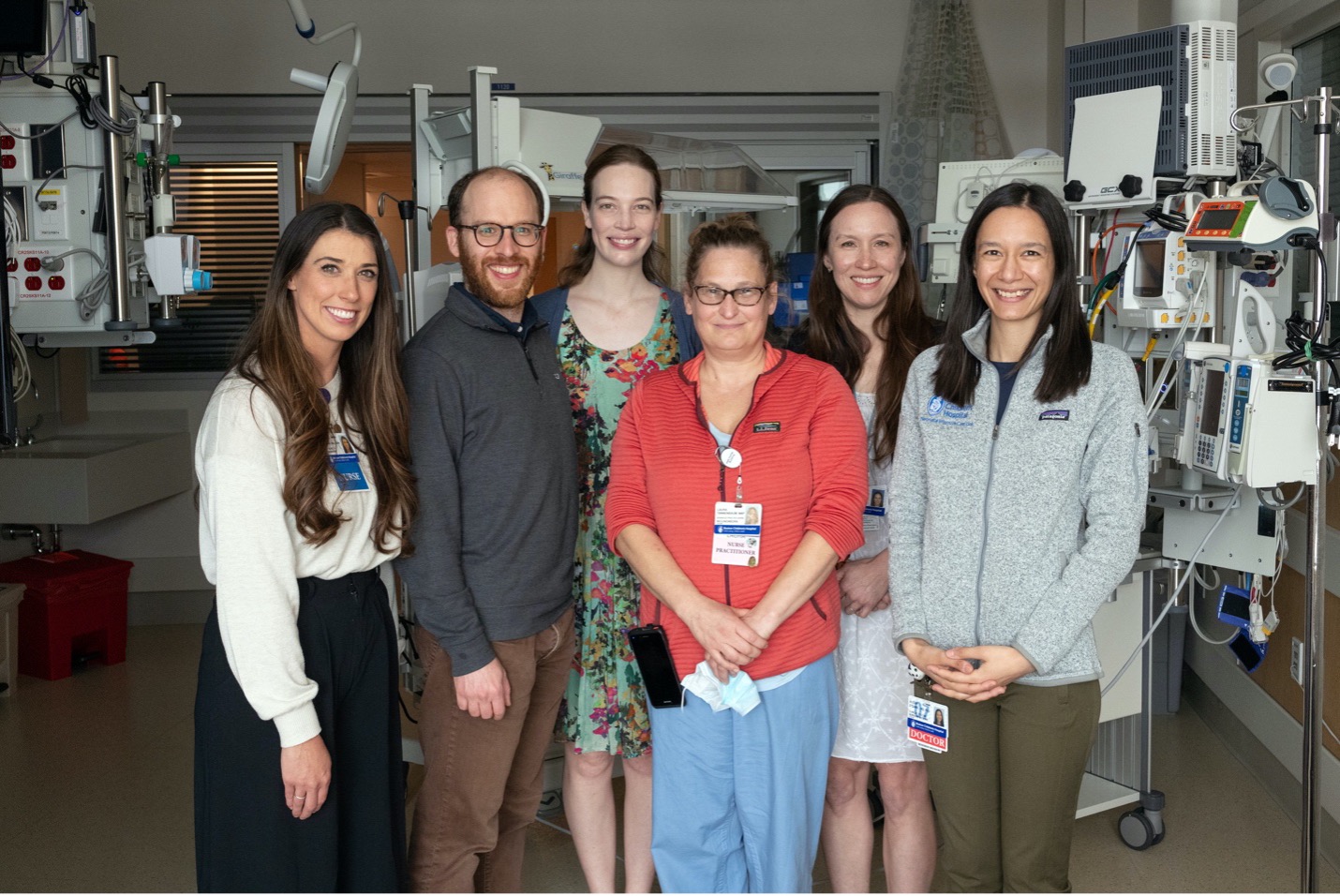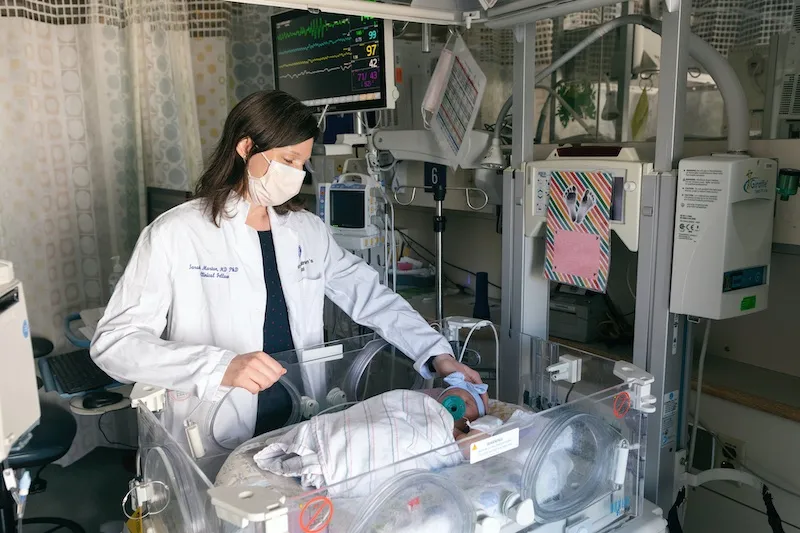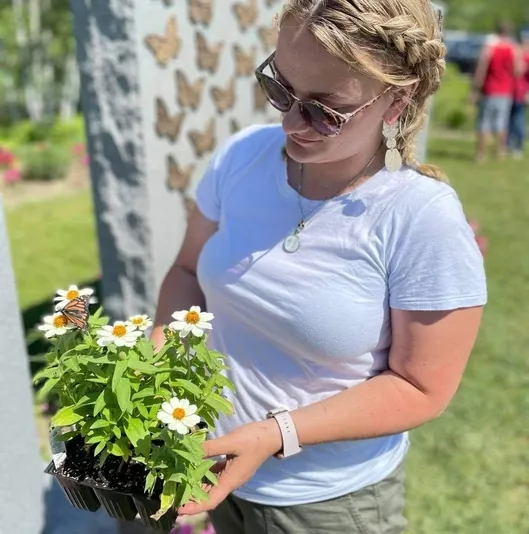Using genetics to glimpse newborns’ future with congenital heart disease
Informed by babies she sees in the NICU, Dr. Sarah Morton has dedicated her career to understanding the genetic causes of congenital heart disease, helping families know what to expect as these babies grow up.




